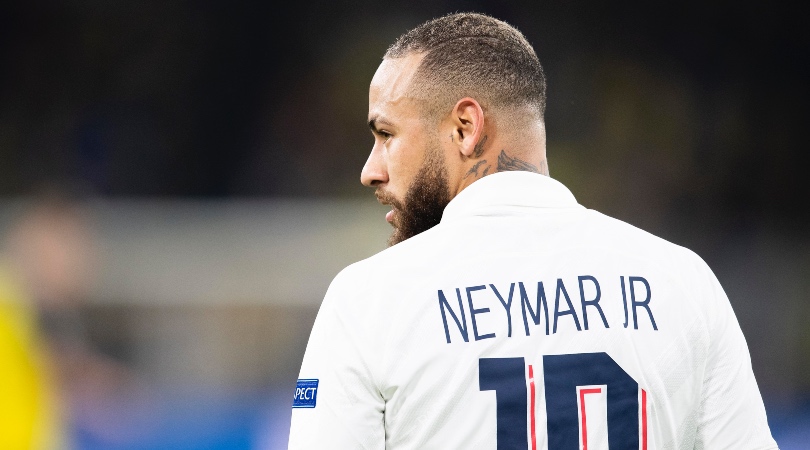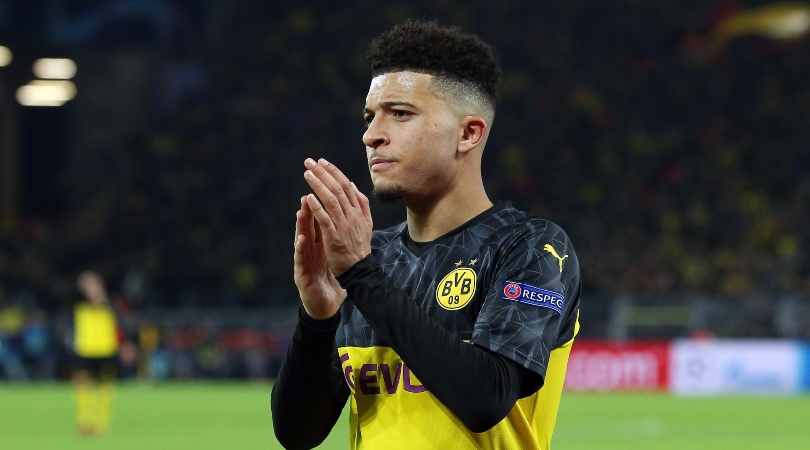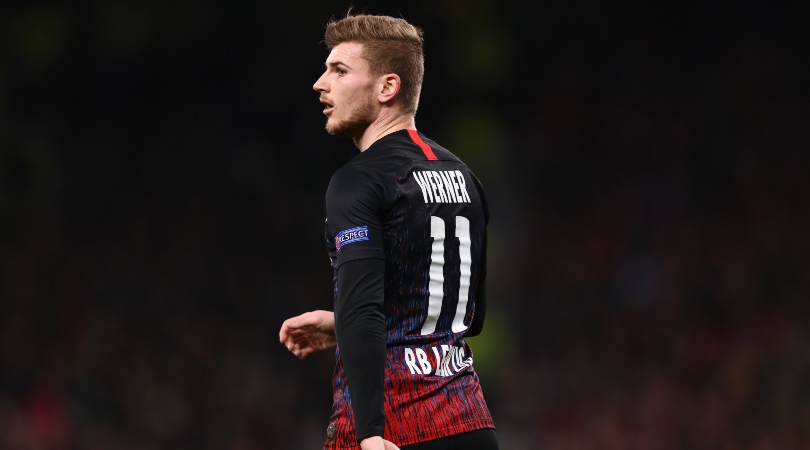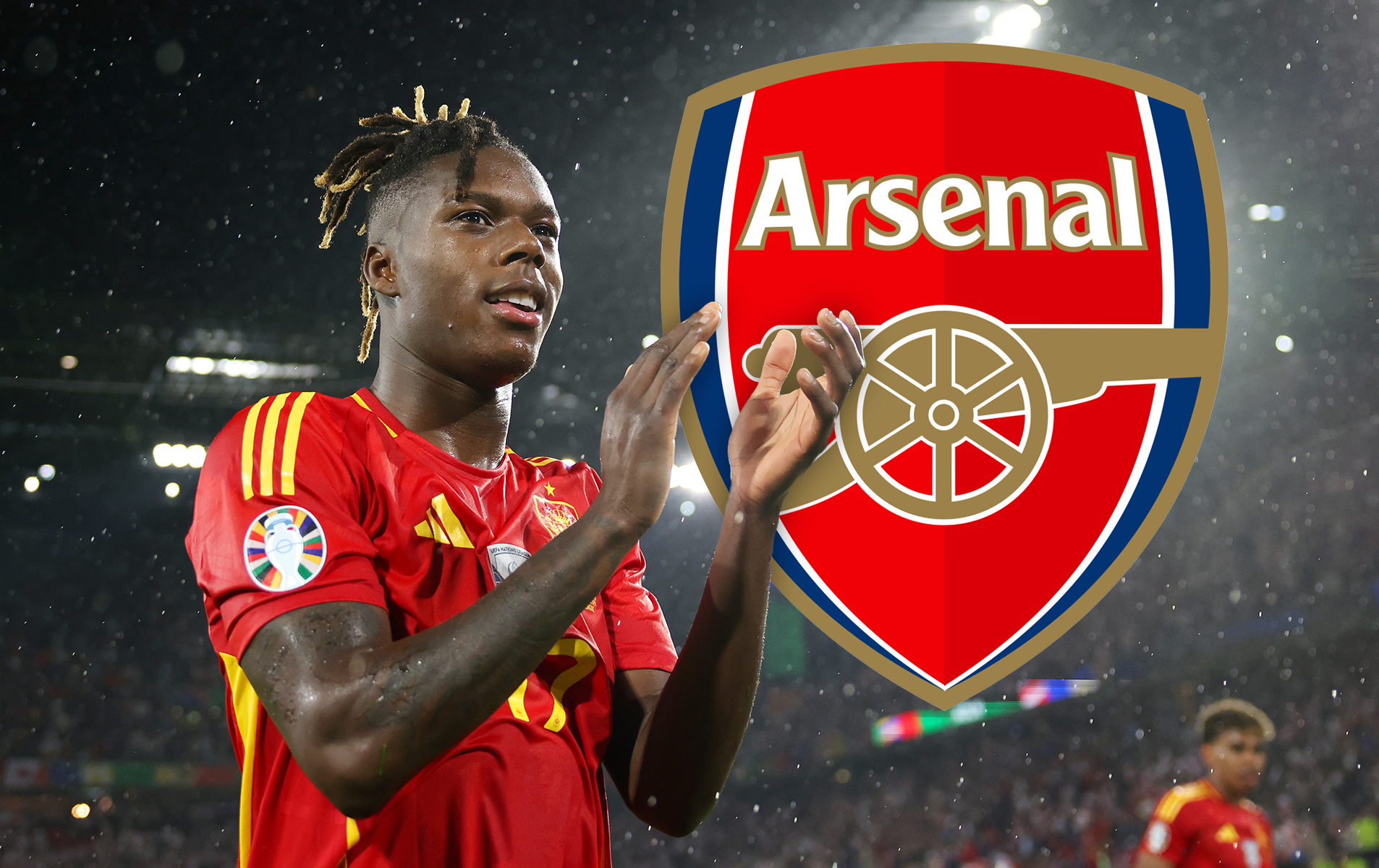It may sound ridiculous, but there's reason to believe the age of £100m transfers is over
Failed experiments, Financial Fair Play rules and diminishing returns spell the end for the big budget signing

The super-rich rarely attract much sympathy, but pity the €100 million signing. He looks an endangered species; if not facing extinction then at least destined to remain exotic in his rarity. The build-up to the summer transfer window always brings hyperbolic headlines and fanciful figures, speculation about supersized fees.
And the €100 million men will be few and far between, the £100 million men a still more select band. There may be the odd outlier, a Jadon Sancho who has the talent, the youth, the high ceiling, the nationality and the army of suitors to command a nine-figure sum, but Neymar’s status as by far the most expensive footballer in history ought to remain intact, which at least should appeal to a narcissist of his calibre.
Perhaps there will be a merry-go-round, if one €100 million deal triggers several others, but even that feels unlikely. So, too, an artificial injection of funds into the European market from Chinese clubs, whose spending had slowed even before the coronavirus struck.

But consider who actually can spend that amount on one player. Manchester City? Surely not if their Champions League ban is upheld, reducing their income for future seasons. Juventus? They have already overspent, with resources committed to Cristiano Ronaldo and a need to reduce a huge wage bill. Barcelona? They are already weighed down by salary costs, are short of funds and could not afford Neymar last summer. Paris Saint-Germain? Not within Financial Fair Play and unless they can offload Neymar or Kylian Mbappe, and there could be few takers for the Brazilian. Chelsea? Buying Hakim Ziyech for £40 million was an indication they will not commit £100 million to another forward. Tottenham or Arsenal? Not outside the Champions League. Or, probably, not inside it.
That only leaves a few. Real Madrid always find a way to spend but the notion they can afford everyone has always been simplistic nonsense. Liverpool have the resources but, so far, have shown little interest in spending £100 million on an attacker and probably wouldn't if their favoured front three don’t leave which, in all likelihood, they won't. Bayern Munich were not willing to pay £100 million for Leroy Sané last summer and while they have the finances, they have tended to be more frugal, leaving it to others to pay the highest prices. Manchester United almost certainly can, though the probability that they will have to sell Paul Pogba for a loss, just as they did with Romelu Lukaku, both shows the lack of takers at over £100 million and the changes in the market. So, too, the way that Timo Werner is set to move for £51 million, albeit because of a release clause, should lower the price for other forwards.

Plus there is the precedent from the recent past. Putting it bluntly, how many clubs are getting value for money from their extravagant purchases?
Eden Hazard cost Real £88 million which, but for the fact his contract had a solitary year remaining, would have been more. He has delivered a lone goal in an injury-hit debut year. Joao Felix has five times as many for Atletico Madrid and, at 20, has time to justify his £113 million fee, but he has not done so far. Antoine Griezmann’s tally of 14 for Barcelona is underwhelming and he is 29 soon. Barca will never recoup the £107 million spent on him, let alone the £142 million they paid for Philippe Coutinho, who is out on loan, or the £97 million for Ousmane Dembele, a crushing disappointment.
Get FourFourTwo Newsletter
The best features, fun and footballing quizzes, straight to your inbox every week.
Ronaldo has scored more goals for Juventus but they won Serie A without and with him and, perhaps, will not win the Champions League with him. The same can be said for PSG with Neymar and Mbappe: domestic dominance has not brought continental silverware. The Frenchman ought to command a fee nearer his purchase price. Pogba has two assists and no goals in an injury-hit campaign for United.
Collectively, they suggest you can’t buy success in the modern game. Or not that way, anyhow. City may have propelled the rise of the £50 million defender or defensive midfielder. The intelligent buyers have followed suit, strengthening the back half of their team with players who cost between £40 million and £75 million: Liverpool’s three most influential signings since Mohamed Salah have been Virgil van Dijk, Alisson and Fabinho. Bayern may have deemed Lucas Hernandez a similar case, looking for a final piece in the jigsaw, a capacity to improve the collective, not simply the attacking measures of goals and assists. It is about chemistry and cohesion, not just bolting on a superstar.
If it challenges the notion the supposed match-winners cost more and brings a new equality to transfer fees, it also means more of clubs’ budget could be occupied by costly defensive-minded additions. It is the opposite of the Galactico model and that combination of factors amounts to a squeeze on the available sums; even clubs with £500 million incomes scarcely have the money to spend 20 per cent of their turnover on one player. The £100 million men should remain the expensive anomalies.
While you’re here, why not take advantage of our brilliant subscribers’ offer? Get the game’s greatest stories and best journalism direct to your door for only £12.25 every three months – less than £3.80 per issue – and you’ll also receive bookazines worth £29.97!
READ MORE...
EXCLUSIVE Erling Haaland reveals why he chose to join Borussia Dortmund in January
QUIZ Can you name every club Marcus Rashford has scored against?
GUIDE Premier League live stream best VPN: how to watch every game from anywhere in the world
Richard Jolly also writes for the National, the Guardian, the Observer, the Straits Times, the Independent, Sporting Life, Football 365 and the Blizzard. He has written for the FourFourTwo website since 2018 and for the magazine in the 1990s and the 2020s, but not in between. He has covered 1500+ games and remembers a disturbing number of the 0-0 draws.

